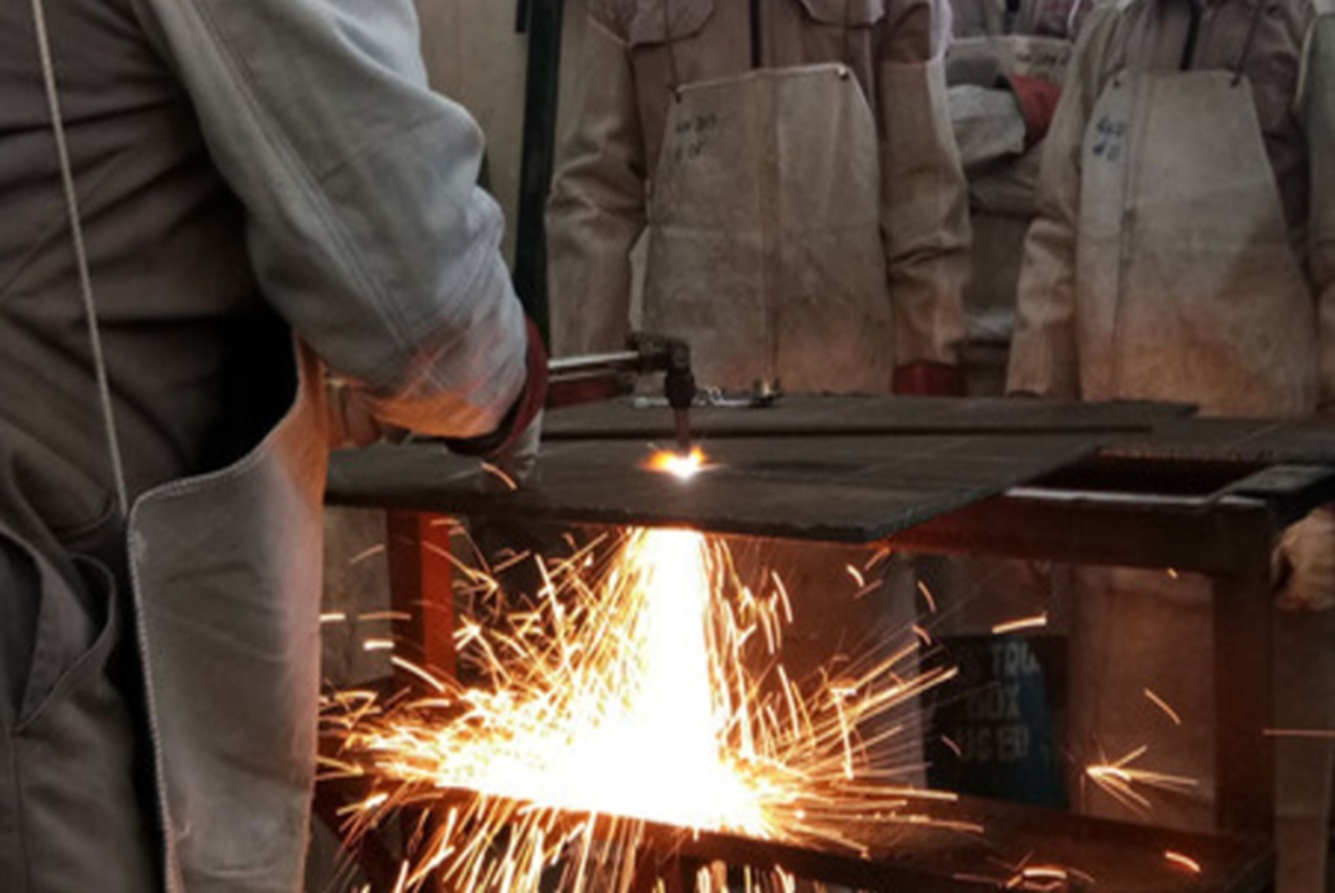

Metal notching is the process of removing excess metal from a sheet. The process is performed using machines or tools designed especially for the same.
It is also true that the quality of the notches depends on the tools used and the skills of the expert undertaking the operation.
Thus, you must maintain your sheet metal notchers in good shape to achieve the desired results.
This blog is for you if you are a DIYer or someone who performs small notching operations.
Read it and learn the DIY maintenance tips for your sheet metal notcher to extend its lifespan.
Before diving into the maintenance tips, you must learn about the different metal notchers, as the tips depend on the machine you use. Here are the various types of sheet metal notchers:
Handheld Notchers: As the name suggests, these are handheld tools, either completely manual or powered by electricity. They are portable and suitable for very small tasks.
Electric Notchers: These are self-explanatory in that they are powered by electricity. These can be handheld or bench-mounted and are suitable for small operations.
Hydraulic Notchers: These are used for thicker and heavier materials. These are bench-mounted, where a hydraulic press punches into the die and removes the metal. These are used in large-scale industries.
CNC Notchers: Known for their precision, these notchers use a computer program attached to a machine to precisely remove the excess metal. These machines are used wherever precision and accuracy are required alongside speed.
Specialty Notchers: These are specially designed machines for specific notchers. They include sheet metal corner notchers and angle notchers.
Which of the above-mentioned tools or machines do you use?
Here are the maintenance tips for metal notching tools that will allow you to use them for a long time:
The dust, dirt, and debris flying around during the operation accumulate inside the machine over time, especially if it is not cleaned. So, wipe down the machine after every task. Also, clean the hard-to-reach areas with compressed air to remove metal chips and parts.
You should always lubricate the moving parts whether a handheld or a powered tool. Proper lubrication minimizes friction and wear on critical components. Regularly oil the pivot points, bearings, and blades to ensure smooth operation. Also, check the manufacturer’s instructions to keep the machine in good shape.
Blades are undoubtedly the most important part of a notcher and should always be in top condition. Over time, the blades get dull, reducing efficiency and the notch quality. To maintain the quality, inspect the blades regularly. Check whether the cuts are smooth or not. Use a grinding tool to sharpen the blades and replace them if they are excessively worn out.
Loose bolts and fasteners can lead to machine misalignment and inaccurate notching.
Thus, check for loose screws and bolts on the notcher frame. Also, check the blade alignment and guide rails. If you hear any unusual noise during the operation, it might be due to a loose screw. It indicates potential problems if you continue working with a loose screw.
Check it and tighten it to ensure safety and work quality.
For a sheet metal corner notcher to function correctly, it must be properly aligned. Regular calibration ensures precision cuts and prevents unnecessary strain on the machine. If your notcher has an adjustable guide, verify its accuracy before making cuts.
Each metal notcher is accompanied by an instruction manual, which you must follow to extend the tool’s lifespan. It should be thoroughly followed to keep yourself and the machine safe. Always wear protective gear during the operation. If you are a DIYer, gloves and goggles are mandatory if you don’t own a safety gear. Also, do not overload or overwork the machine.
Keeping your work area clean is crucial, as clutter can lead to injuries and accidents. You might tip over something, or a stray piece of metal can injure you. Also, you need proper clamps to hold down the sheet metal for operation.
You need not worry about the maintenance tips if you are a DIYer. Instead, you should visit us at New Mexico Metals LLC for quality sheet metal notching. As the experts, we have the tools and expertise to offer you the best quality notching in Albuquerque. Also, it is a cost-effective option for you, instead of investing in a metal notcher.
Contact us today for more information!